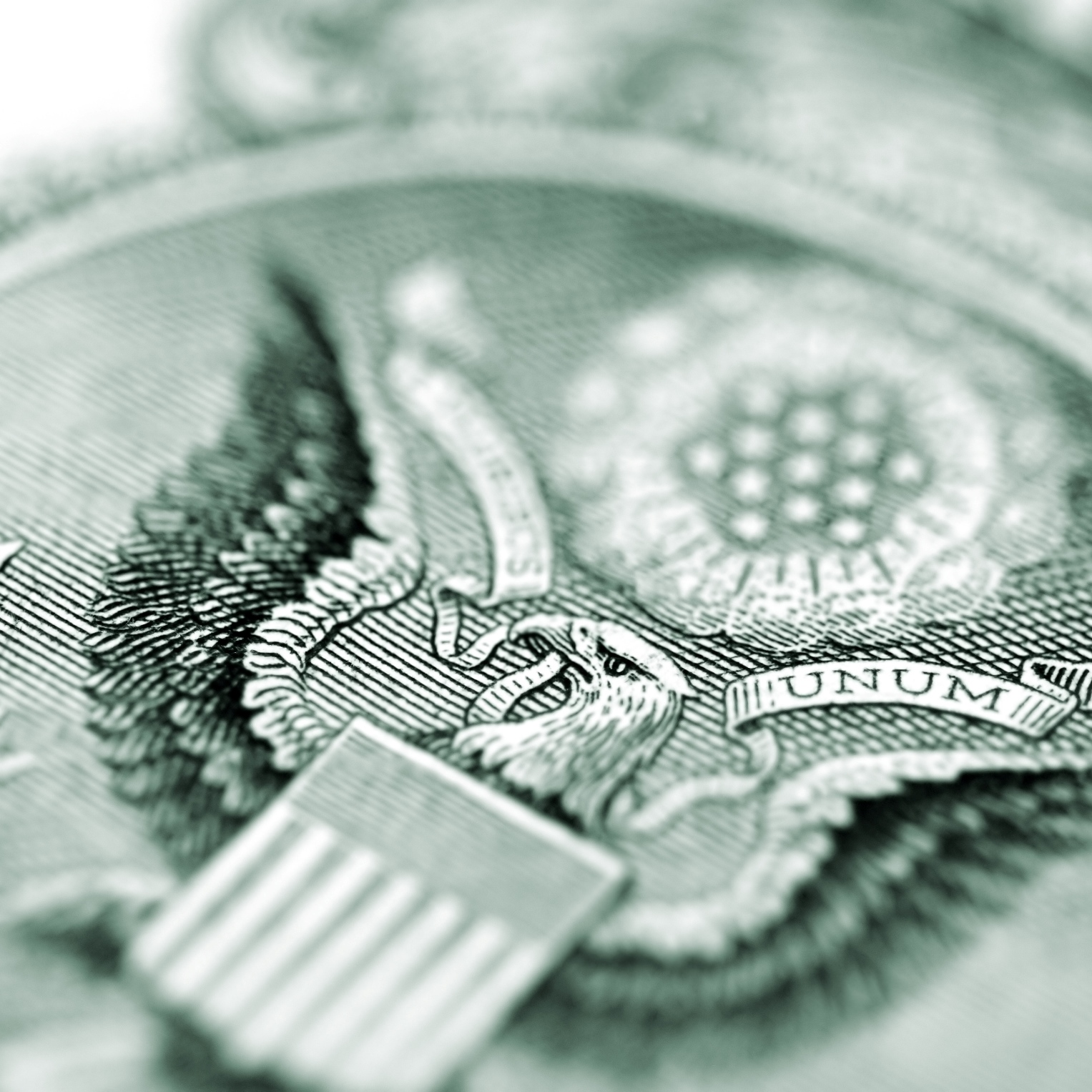Economy
US Treasuries Dodge Saudi Bullet; Inflation Expectations at 8-Year High

Published:
Last Updated:

It now appears that the U.S. Senate’s unanimous vote on a bill that would have exposed the Saudi Arabian government to American lawsuits over alleged involvement in the 9/11 attacks was a sham. The bill, named the Justice Against Sponsors of Terrorism Act (JASTA), was cosponsored by Senators Chuck Schumer and Bernie Sanders, along with 22 others, and posed a significant danger to the U.S. bond market as it would have forced Saudi Arabia to liquidate its holdings before they could be frozen by U.S. courts in the event of a lawsuit by 9/11 victims.
After the vote, Schumer added an amendment to the bill in Section 5 which, in his words, “… allows the Department of Justice to seek a stay of the litigation … if the government certifies that it is involved in good-faith discussions to resolve the matter.” This effectively gives the Justice Department the ability to stop any litigation in its tracks, making the bill essentially toothless.
Now that JASTA has no bite, the bill can pass unanimously without a veto fight from President Obama, and without motivating Saudi Arabia to dump its $750 billion in Treasuries, which it had threatened to do in the event of the bill’s passage. At 5% of the Treasury market, and only an estimated $80 million in liquidity, the prospect of a bond crash was considerable if that actually happened.
Nevertheless, there are more threats developing against the Treasury market that could spell trouble from different, more fundamental directions. Earlier in May, the Economic Cycles Research Institute published its U.S. Future Inflation Gauge (USFIG), which hit a nearly eight-year high, meaning inflation expectations have not been higher since 2008. With San Francisco Federal Reserve Bank President John Williams announcing that the United States is at full employment, interest rates still at record lows and the money supply still on a fast upward trajectory, there is little to slow inflation when it does start to pick up.
While few have noticed, interest rates on the 10-year have been climbing steadily for nearly four years, since July 2012, with a double bottom holding at 1.63%. The 30-year rate though did hit a new record low at 2.25% earlier this year, in January. The fact that the 10-year rate was rising long before a rate hike and that the 30-year rate hit a new record low this year both indicate that the small 25 basis point hike the Fed made in December has done little to affect long-term interest rates at all.
In other words, if the Fed ever does need to get in front of inflation, 25 basis point hikes are not going to cut it. A hike to historical norms of 3% to 4% could be necessary, considering conditions from all sides are ripe for inflation to stick higher. That would be a big negative for U.S. Treasuries, especially at the record-high prices they are currently at.
After two decades of reviewing financial products I haven’t seen anything like this. Credit card companies are at war, handing out free rewards and benefits to win the best customers.
A good cash back card can be worth thousands of dollars a year in free money, not to mention other perks like travel, insurance, and access to fancy lounges.
Our top pick today pays up to 5% cash back, a $200 bonus on top, and $0 annual fee. Click here to apply before they stop offering rewards this generous.
Flywheel Publishing has partnered with CardRatings for our coverage of credit card products. Flywheel Publishing and CardRatings may receive a commission from card issuers.
Thank you for reading! Have some feedback for us?
Contact the 24/7 Wall St. editorial team.